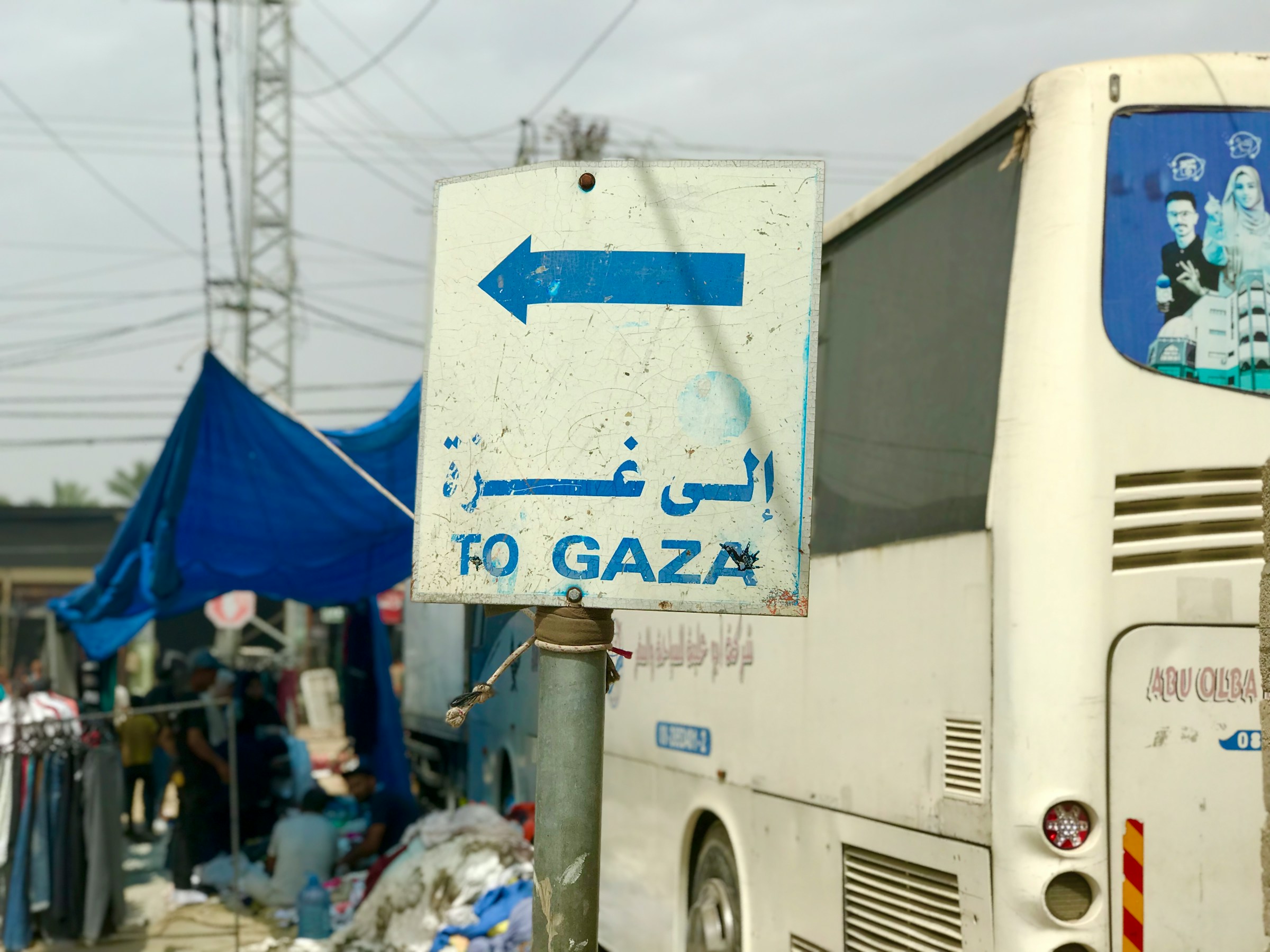The humanitarian crisis in Gaza and Hamas’s recent hostage video strategy are not just moral flashpoints—they are institutional signals of a regional risk recalibration. When a non-state actor with hostage leverage begins to set Red Cross preconditions, and Israel’s aid logistics become a battleground for global perception, the real shift is about strategic exposure. Humanitarian access is no longer a neutral good. It is now a form of capital posture.
The Israeli government’s response—fuel convoys, partial pause windows, and international air drops—represents a constrained liquidity injection into a collapsing civilian infrastructure. But the policy intent is clearer than the optics: to manage international backlash while preserving coercive leverage over Hamas. The result is a disjointed aid pipeline where institutional actors (UN, ICRC, Belgian and French air forces) are forced to operate with low fidelity, unable to confirm access or security.
This humanitarian stalemate, however, does not exist in a vacuum. It is occurring in parallel with mounting geopolitical fatigue, a collapsing civil order in Gaza, and visible trust erosion between military actors and aid infrastructure. In macroeconomic terms, it is akin to sovereign actors defending a peg—except the peg is humanitarian legitimacy, and the reserves being drawn are reputational, not fiscal.
The August 3 release of hostage Evyatar David’s video by Hamas—where the visibly emaciated captive is seen digging his own grave—was not just psychological warfare. It was a policy gambit: a message to international actors that humanitarian coordination will now be contingent on political concessions. In the language of institutions, this is conditional access—traditionally a fiscal lever now applied to aid logistics.
Israel’s current exposure is bifurcated: militarily entrenched in Gaza’s south, but diplomatically pressured by Western capitals and UN agencies to normalize aid flows. The asymmetry is structural. Hamas holds hostages as human collateral. Israel controls the borders and permits. The Red Cross, UN, and NGOs are reduced to being liquidity carriers in a frozen system where no actor holds enough moral reserve to de-risk the channel alone.
That fragility has already begun to spill over. On the ground, reports of looted aid trucks and armed disruptions to distribution hubs underscore a system where displaced populations no longer see aid as predictable or safe. This undermines the institutional authority of both Hamas’s local administration and international relief operations. In financial terms, the entire corridor is now operating under reputational default.
COGAT’s announcement that over 23,000 tons of aid entered Gaza this week via 1,200 trucks signals logistical throughput—but not effective distribution. Hundreds of those trucks remain unclaimed by UN agencies, underscoring a downstream failure in execution, not just access. Fuel shipments—a critical buffer for hospitals, bakeries, and kitchens—remain rare. Even Egypt’s reported diesel trucks lacked confirmation of entry.
These are not supply issues alone. They are capital control signals. Since March, Israel’s aid throttling has mirrored traditional macro policy playbooks used in currency defense: squeeze liquidity to force behavioral change. The difference here is that the objective is not inflation suppression—it is hostage release.
By allowing fuel tankers to re-enter selectively and pausing airstrikes during aid drops, Israel is staging calibrated micro-easings—akin to temporary interest rate cuts—in the hope of re-stabilizing global credibility without undermining military leverage. The question, however, is whether such policy compression is credible when the recipient system has already lost operational trust.
Belgium’s and France’s independent air drops reflect a secondary trend: state actors bypassing traditional aid pipelines and choosing unilateral distribution. This reflects a partial flight-to-safety dynamic—not in currency or bond markets, but in diplomatic alignment. Western governments are seeking visible humanitarian wins outside of UN inertia, attempting to protect their own reputational reserves in the face of rising public outrage.
The UN, meanwhile, is caught in a bind. Its agencies argue that airdrops are insufficient, yet lack both ground clearance and transport capability to absorb aid volume at scale. The institutional equivalent is liquidity on paper with no creditworthy counterparty to distribute.
That fragility is mirrored in the deaths of 175 Gazans from starvation-related causes—nearly half of them children—since the war’s start, according to local health data. The more this trend escalates, the harder it becomes for sovereign actors, particularly in Europe, to justify neutrality or muted response. That pressure will reverberate through development funding, bilateral aid flows, and cross-border coordination agendas.
This isn’t just a humanitarian logjam—it’s a shift in the macro-risk regime. Where once food and medical aid were treated as neutral flows, they are now strategic chokepoints. The willingness—or refusal—to coordinate with the Red Cross, the calibration of convoy windows, and the selectivity of fuel permissions now operate as tactical expressions of power.
The hostages are not just human leverage. They are instruments through which Hamas is attempting to extract operational concessions. Israel, in turn, is applying liquidity control logic to aid access. Meanwhile, Western capitals are using air drops as narrative hedges.
What this signals is clear: humanitarian credibility is now a traded asset. And every delay, condition, or disruption to aid flows is a signal of institutional misalignment and strategic fragility. The region is not just in crisis. It is in reputational rebalancing.















